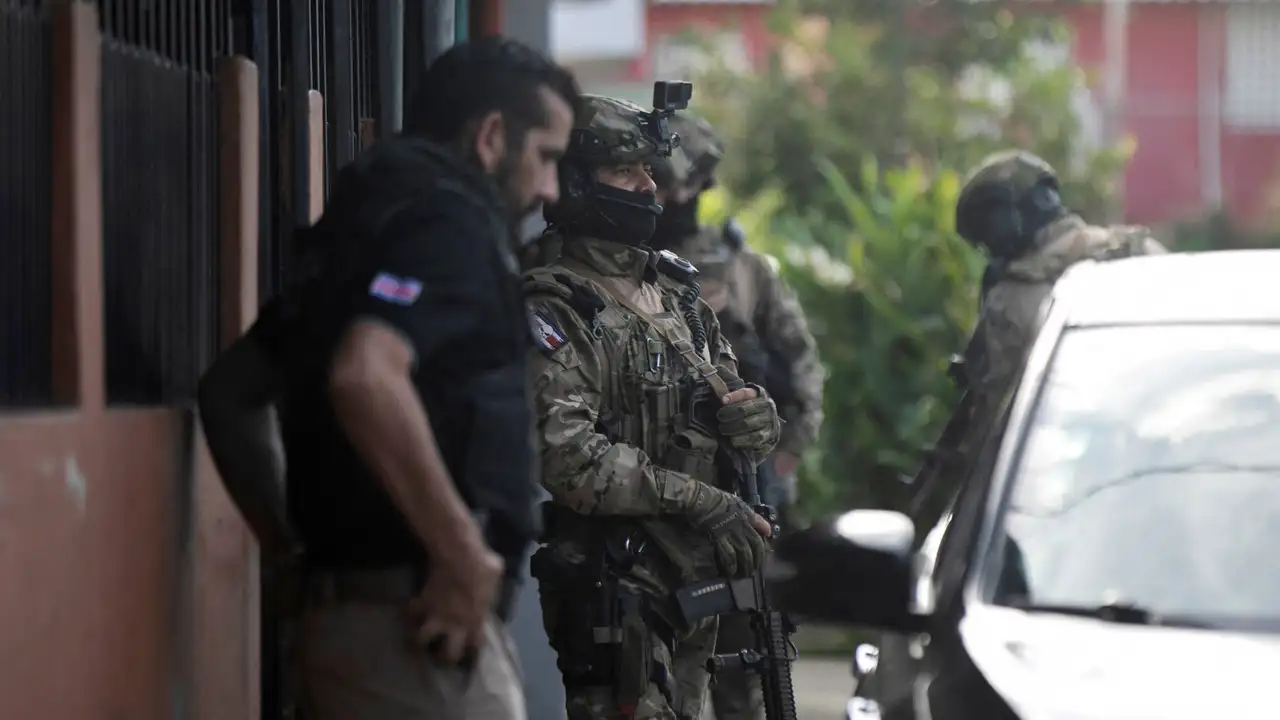Costa Rica Roundup: Election tensions rise as candidates clash, voters shift, debates spark controversy

Hidalgo predicts runoff election challenges for rival Fernández
One of the most notable developments in Costa Rica’s political landscape comes from candidate Hidalgo, who has predicted significant challenges for rival Laura Fernández in the event of a runoff election. Hidalgo’s assessment reflects a broader political atmosphere where voter loyalty is proving volatile, and campaign dynamics continue to shift rapidly. His remarks underscore rising uncertainty as Costa Rica approaches a defining electoral moment, with polls tightening and competing narratives shaping public expectations. This prediction has added pressure to Fernández’s campaign, intensifying the strategic calculations of both camps.
Fernández prioritises voters over podium politics
Laura Fernández, one of the central figures in the race, has reiterated her decision to focus on direct voter engagement rather than participating heavily in podium-driven political exchanges. According to recent coverage, she has positioned herself as a candidate more interested in speaking with citizens than sparring with opponents in highly mediated spaces. This strategy appears aimed at resonating with undecided voters and strengthening her image as a grounded, people-focused leader. Her stance has sparked conversation about whether Costa Ricans prefer traditional debate formats or more personal campaigning.
Laura Fernández nears historic first-round election victory
In a powerful surge, Fernández is reportedly nearing what could become a historic first-round victory. If achieved, this would mark one of the most significant election outcomes in Costa Rica in years. The momentum around her bid suggests widespread voter alignment with her platform, signalling a possible shift in national priorities. Media coverage highlights that this rise has put her in a commanding position, placing additional pressure on opponents to recalibrate their efforts. Her proximity to a first-round win has elevated national attention on the unfolding campaign narrative.
Dobles blasts rival Fernández over no-show at key pension debate
Another major flashpoint this week came when Dobles publicly criticised Fernández for failing to attend a key debate on pension reform. Pension policy remains one of Costa Rica’s most sensitive and widely discussed issues, especially as the country manages demographic changes and financial pressures on its social systems. Dobles’ criticism has reignited conversations about candidate transparency and willingness to confront difficult issues. The confrontation also adds yet another layer to the already tense electoral competition.
Frontrunner’s empty chair strategy sparks election controversy
One of the most talked-about developments is the “empty chair” strategy employed by Fernández, who declined to appear at certain debates, leaving her podium symbolically vacant. This tactic has stirred controversy, with critics arguing it reflects a lack of engagement and supporters claiming it shows confidence and a refusal to participate in unproductive political theatre. The symbolic power of the empty chair has dominated political discussions, highlighting the evolving nature of modern campaigning and the strategies candidates use to shape public perception.
This story is written and edited by the Global South World team, you can contact us here.